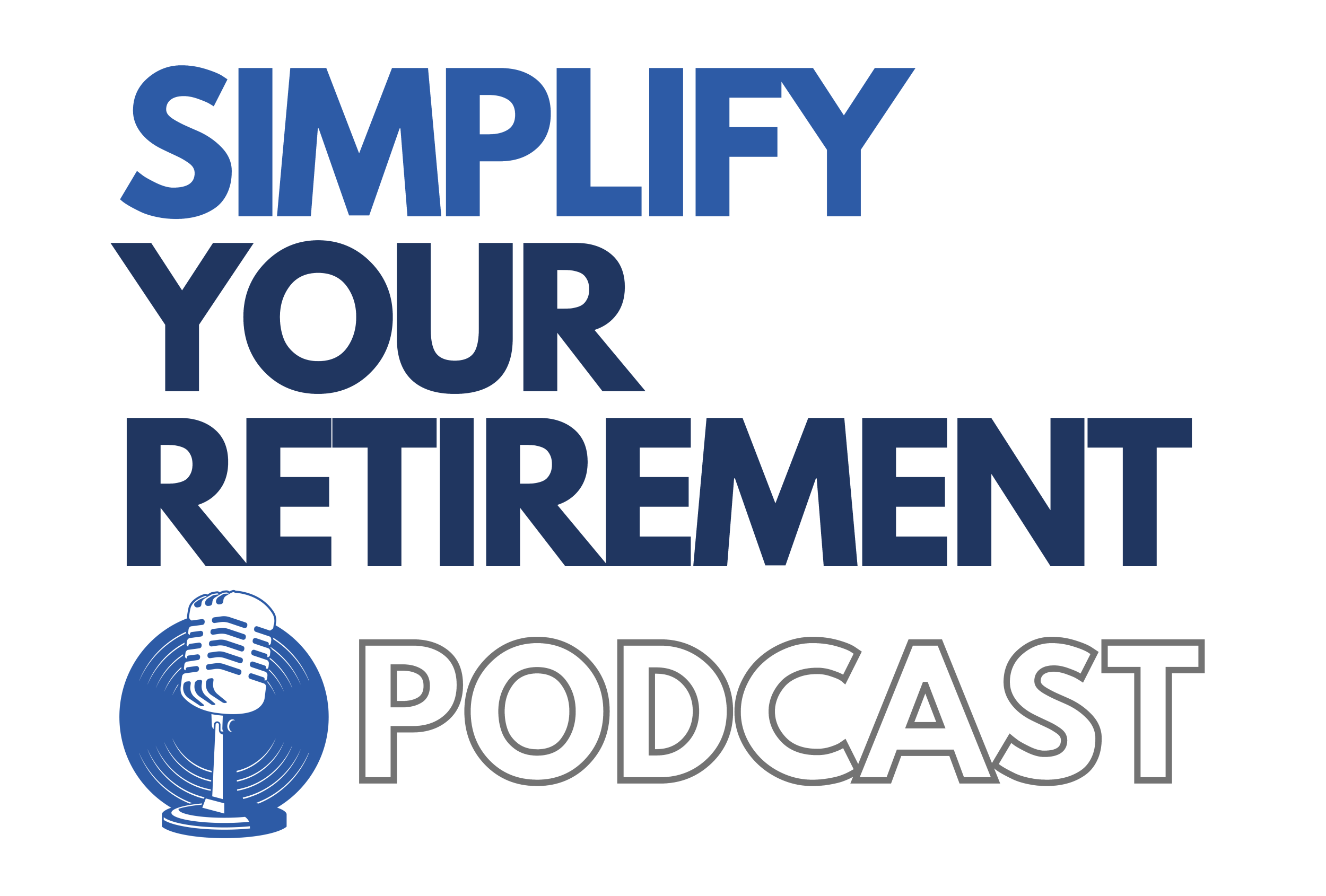Podcast: Play in new window | Download | Embed
In planning for retirement, creating a budget is crucial for ensuring financial security and making work optional. The simplified approach involves dividing assets into three buckets: one for liquid expenses, another for income, and the third for growth.
The budget, a formal plan for managing monthly income, helps avoid overspending and provides the freedom to enjoy retirement.
Key points on budgeting for retirement:
Living Expenses vs. Lifestyle Expenses:
Distinguish between essential living expenses (e.g., housing, utilities, food) and desired lifestyle expenses (e.g., travel, recreation). Guaranteeing living expenses is crucial.
Start with the Basics:
Ensure a secure retirement by covering the necessities. Just as parents promise a roof, food, and clothes for their children, retirees should guarantee their own living expenses.
Healthcare Costs and Inflation:
Estimating healthcare expenses is a significant concern in retirement. A reasonable starting point could be $450 per person per month. Account for inflation in estimating future expenses. Regularly monitor and adjust the budget as circumstances change.
Customization is Key:
While there’s no one-size-fits-all solution, everyone needs to identify their unique retirement number. Use a budget worksheet, estimate high, and adjust for inflation over time. Six months before retirement, start living on the budget to ensure its feasibility. Adjustments can be made based on the real experience.
Remember, the goal is to retire with confidence, peace of mind, and the freedom to enjoy life without financial constraints.
📅 SCHEDULE A CONSULTATION:
816-246-WISE (9473) | info@wisewealth.com | www.wisewealth.com/contact-us
